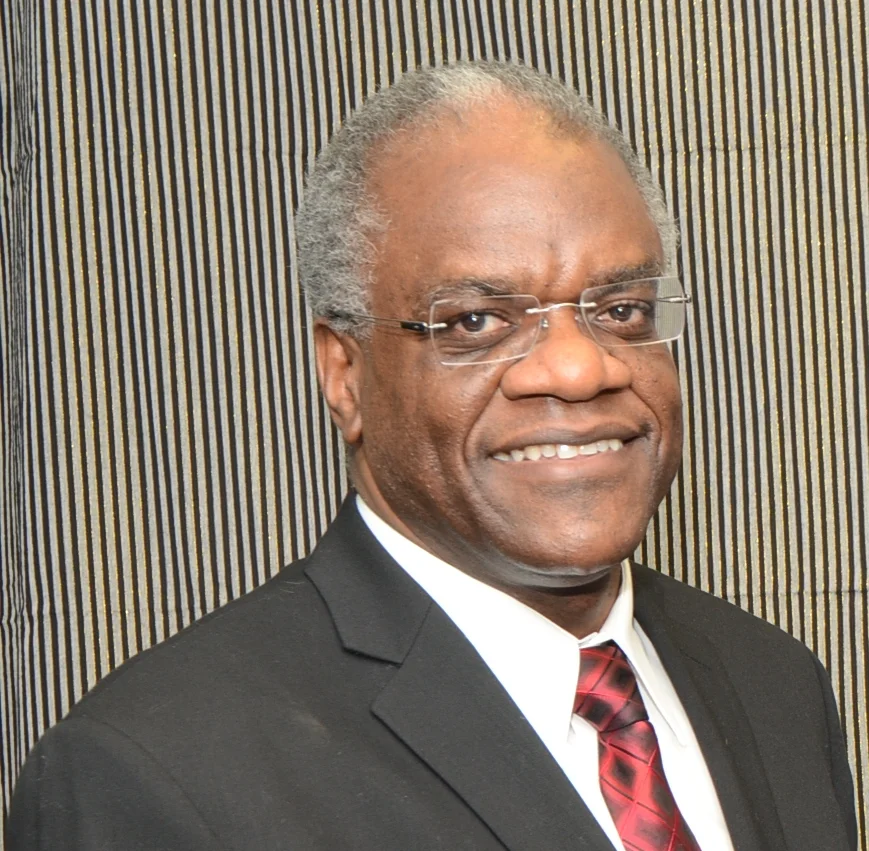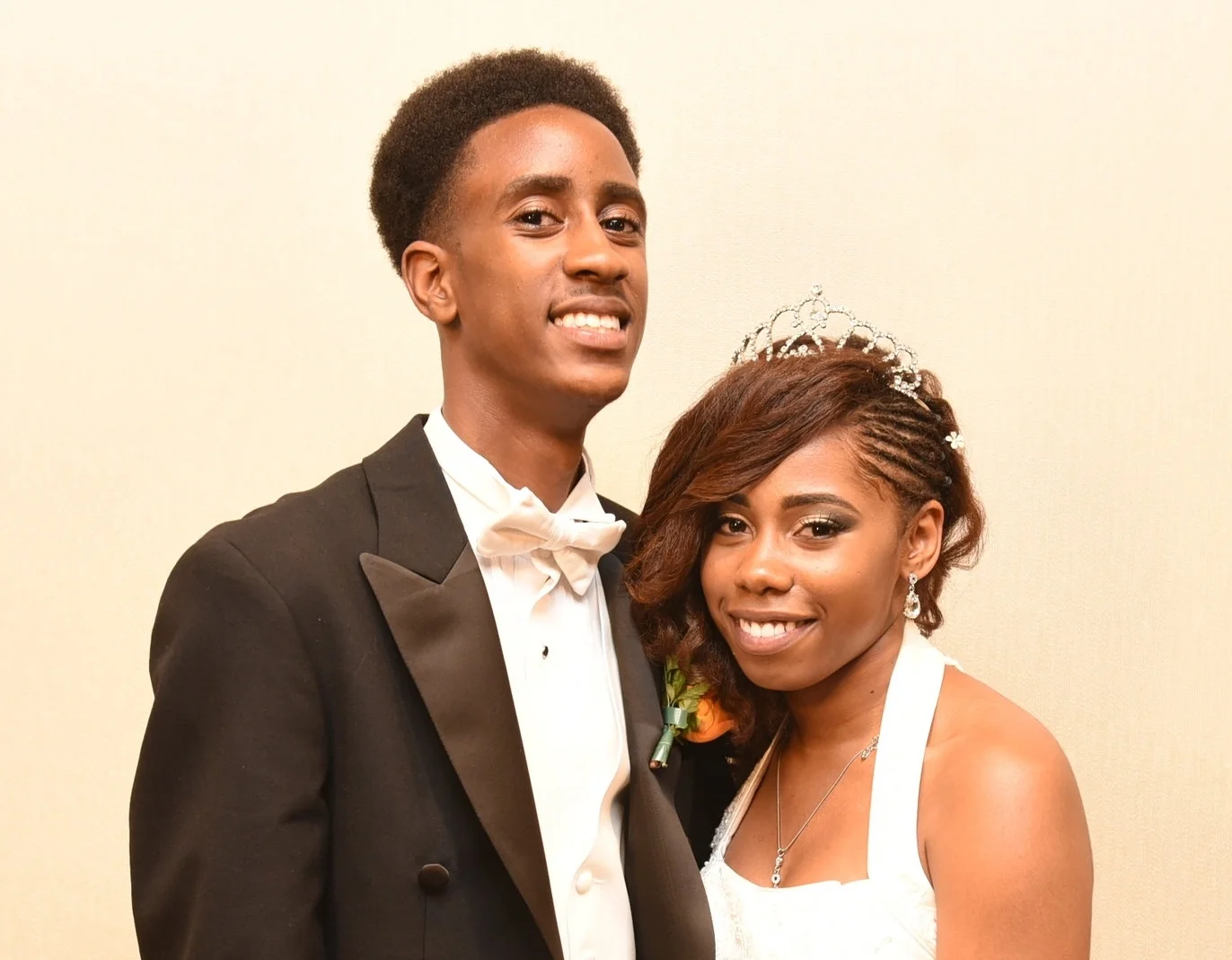Ghanaian immigrant preparing for a medical and space career
February 15, 2018
Assimilating into a new environment is never easy for a newcomer to a country.
It was no different for Kwasi Nkansah who, with his mother Gladys Nkansah who is a an early childhood educator with the Dufferin-Peel Catholic District School Board, left Ghana in 1998 to join the family patriarch – Smart Kwasi Nkansah – who was studying engineering in the Greater Toronto Area.
While understanding Canadian culture and learning English were very rewarding personal experiences, Nkansah wasn’t among his teachers’ favourite students from Grades two to six and he often was discouraged to strive for academic excellence.
“In high school, I was overlooked by my peers and some teachers and it wasn’t until I joined a Specialist High Skills Major in Grade 11 that I felt accepted and was able to shine,” he said.
Nkansah is one of four Canadians and the only graduate student from Ontario enrolled in the 2017-18 Master of Space Studies (MSS) program at the International Space University (ISU) in Strasbourg, France.
There are 44 students from around the world in the program.
For students interested in a space career, the MSS supports entry into the sector through access to space agencies, space commerce, space research and related fields.
Just one of two students in the class with a biology/health care background, Nkansah chose to attend the ISU because of the program’s interdisciplinary and intercultural approaches.
“Space is meant to be an endeavour for all mankind and, in order to truly reflect this, representation from all walks of life is essential,” he said. “Also, no matter how important one may think their discipline is, it is reliant on other disciplines. ISU recognizes this and teaches economics, politics, law, management, humanities, science, applications and human performance of space. I think the exposure to all these disciplines is why the ISU alumni are so successful in the space industry. Another thing that makes this university attractive is that top executives from the European and Japanese Space Agencies and the National Aeronautics & Space Administration come here to give lectures.”
The one-year program costs almost Can$38,700.
Attending King’s College in London was an option that Nkansah turned down after some consideration because going to university and living in England is quite costly.
At ISU, he is working on two theses.
‘Investigating Pragmatic Methods for Detecting Cardiovascular Deconditioning in Space Flight’ is aimed at discovering cardiovascular testing technologies for astronauts in space. ‘Integrated Systems Telecommunications’, a group he leads as control manager with 22 students, involves analysing the state of the space-based telecommunications industry at a time when new technologies are being introduced.
His research interests are in cardiovascular physiology of space flight.
“It extends from the time I had working under Dr. Grant McClelland and Dr. Graham Scott at McMaster University in their high-altitude comparative physiology lab,” said Nkansah. “Presently, I want to study the effects of the fluid shift from the lower body to the upper body in low gravity on human physiology. I am also interested in how we can utilize space—based satellite technologies for health care and education through tele-medicine and tele-education. I truly believe that our investments in space should benefit earth as well. The spin-offs of space technology, including LEDs, baby formula and 3D food printing are evidence that investment in space can benefit earth.”
After completing his Master’s this year, Nkansah plans to attend medical school and work on Canadian and European Space Agencies-affiliated projects.
With a high school diploma from St. Marguerite d’Youville Secondary School in Brampton, the eldest of six siblings was forced to take a five-week leave of absence from university in his first year when his father suffered a stroke.
“My mom wasn’t working at the time and I felt I had a responsibility to take care of my siblings,” he said. “There were four of them back then. At the same time, I was concerned that I might not fulfil my goal to have a university education.”
Fortunately, Nkansah returned to McMaster University and finished his undergraduate degree last year.
“That school provided a platform for me to develop my academic and non-academic competencies,” he noted. “It was while studying at McMaster that I gained an appreciation for the medical school program at the University of Toronto. I thought it was innovative and capable of producing great doctors.”
Three years ago, Ike Okafor, the senior officer of Service Learning and Diversity Outreach at the Office of Health Professions Students Association (OHPSA) and chair of the Black Canadian Admissions Subcommittee (BCAS), started the Community of Support (COS) initiative to increase outreach to Black Canadian students and ultimately boost the number of Black medical students at U of T.
The COS offers opportunities for mentorship, job shadowing, research and personalized guidance on admissions.
Though the Black population in the Greater Toronto Area comprises about 8.5 per cent of the population, it’s a community that’s under-represented in medical school.
“When the COS started, I joined immediately,” said Nkansah who plays the piano and is learning coding languages. “It helped me prep for the Medical College Admission Test and, through personal communication with some of the medical students, I gained a deeper understanding of what it takes to get to medical school. I carry the lessons in medicine learned at both McMaster and U of T with me in my space education at the ISU.”
Outside of his parents, Nkansah counts Canadian space doctor and astronaut Daffyd Williams, the first non-American to hold a senior management position within NASA, flight surgeon Dr. Raffi Kuyumjian who recommended that Nkansah apply to King’s College, Canadian Space Agency deputy director Alfred Ng who has provided him with career advice and Grammy Award winner Jay-Z among his role models.
“Jay-Z is a unique model for me,” he said. “He’s not perfect, but he is an insightful individual to listen to. If you watch his recent interviews, you can see the growth and wisdom he has obtained through his career and how he has risen from a difficult upbringing. The growth that came through self-reflection and life-long learning is similar to the growth I hope to achieve.”






